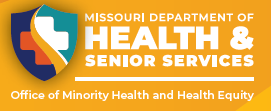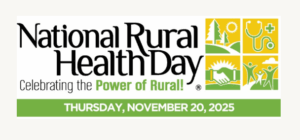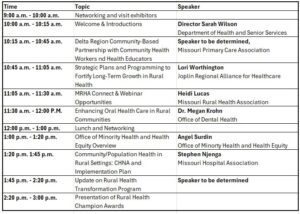October 29, 2025

Webinar: How One Critical Access Hospital is redefining Nursing Professional Development, October 30
Hospitals are under pressure to lift nurse competence, reduce burnout and improve retention without expanding budgets of facilities. Rural teams often feel these constraints most.
Grand Ronde Hospital, a 25-bed critical access hospital in La Grande, Ore., is showing what’s possible. It’s nurse residency earned the 2023 Performance Leadership Award for Excellence in Outcomes from the Chartis Center for Rural Health. In this session, UbiSim’s nurse educator Christine Heid, PhD, MSN/Ed, will present eye-opening research findings on practice readiness gaps and evolving competency expectations, setting the stage for leaders from Grand Ronde to share how they built a right-sized, outcomes-focused professional development model that’s adaptable for both small and large organizations.
Author and educator Dan Weberg, PhD, RN, will moderate a candid discussion with Grande Ronde’s nursing leaders on how they designed experiential learning, leveraged technology to accelerate practice readiness and tracked the signals that matter to executives – job satisfaction, clinical competence, burnout and retention.
Learnings include:
- How to design a right-sized residency for small teams,
- How to deliver high-impact experiential learning without new infrastructure, and
- How to integrate technology to bridge education and practice
Cost: Free
When: Thursday, October 30, 1:00 p.m. – 1:00 p.m.
Click Here to Register






